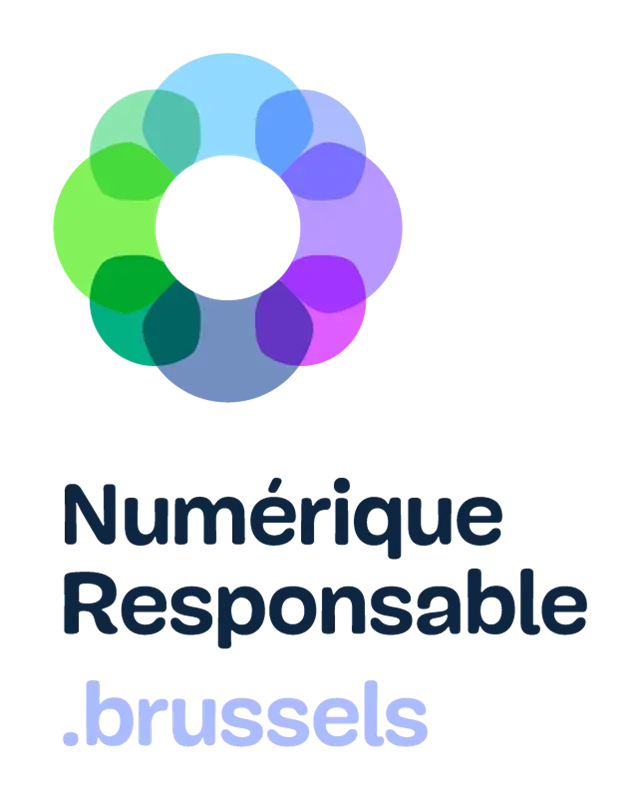Sustainable IT
Our digital habits have a major impact on our planet. The regional Sustainable IT initiative is implementing solutions to reduce it.

Whether it's streaming a TV series, watching videos on social media, chatting via messaging platforms, emailing or shopping online... all these digital activities and many others have a very real impact on the planet.
This is equally true in the professional sphere: remote working or video meetings, using artificial intelligence...
The technologies we imagine as "virtual" actually rely on very tangible infrastructure and equipment: computers, screens, smartphones, mobile masts, satellites, data centres and undersea cables. Manufacturing and operating them consumes vast quantities of metals, water and energy resources.
Digital technology has a significant impact on the environment:
- contributing to greenhouse gas emissions,
- depleting non-renewable resources,
- damaging biodiversity,
- and polluting water and soil.
Facts & figures
The global digital infrastructure is responsible for 4% of greenhouse gas emissions - equivalent to Canada, and nearly double those of the entire aviation sector. This footprint could increase by over 60% by 2050 if we don't act now.
Your toolkit for digital responsibility
The Practical Guide to Eco-Friendly Digital Habits contains 16 practical information sheets to help you adopt the right habits in everyday life. It is based on the "5 R" principles - refuse, reduce, repair, reuse, recycle.
Published by Paradigm, it is intended for everyone, whether at work or at home.
Practical Guide to Eco-Friendly Digital Habits (FR & NL)
16 practical information sheets
The Brussels Region is leading the initiative
Since 2021, the Brussels-Capital Region has been actively working to reduce the environmental impact of its IT. This was even before the Region adopted its climate objectives through its Regional Air, Climate and Energy Plan in 2023.
Paradigm is responsible for implementing and coordinating the region's Responsible Digital actions.
In particular, 2021 saw:
- the adoption of new External linkdigital governance strategy (in French) by the regional government, which set the objective to minimise the environmental impact of digital technology within the region's IT and digital activities;
- Paradigm signs up to the "Sustainable IT Charter" of the Opens in new windowBelgian Institute for Sustainable IT (ISIT-be);
- Paradigm creates a regional network of responsible digital organisations, which today brings together 15 Brussels public administrations.
In 2023, Paradigm became the Opens in new windowfirst Belgian public institution to be awarded the Sustainable IT Label.
Tangible results
Recycling PCs with the circular economy sector
The Opens in new windowRecycle IT project (in French) identified 11 Brussels-based organisations specialising in IT refurbishment following a call for partnerships. These organisations make it easy for the Brussels-Capital Region administrations to decommission their IT equipment. The project supports three objectives:
- reducing the environmental footprint of digital equipment by giving it a second life whenever possible;
- ensuring that non-reusable hardware is recycled in accordance with environmental standards for waste electrical and electronic equipment (WEEE);
- enabling people affected the digital divide to benefit from some of this equipment, in line with the External linkDigital Appropriation Plan (in French).
Extending the service life of equipment
Paradigm now keeps employee laptops for six years, instead of four. This simple extension in the lifespan of IT hardware has had tangible benefits:
- a 36% reduction in the annual environmental footprint of Paradigm's computer equipment;
- encouraging other administrations to follow suit. With an estimated annual reduction of more than 230 tonnes in the Region's greenhouse gas emissions if the measure is applied across all Brussels administrations.